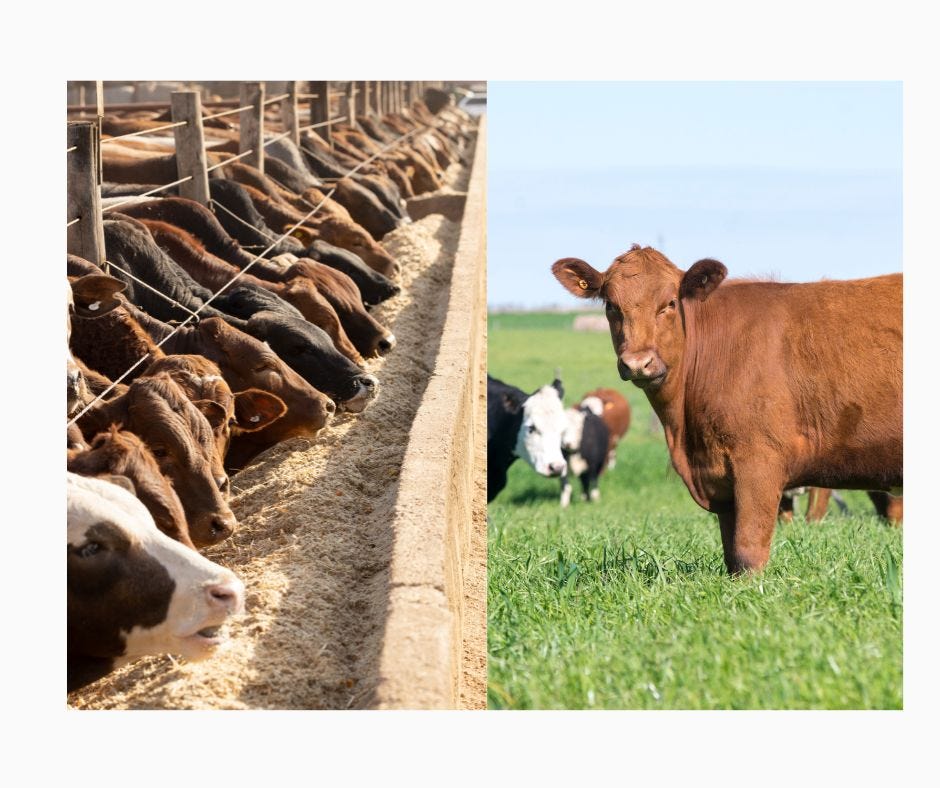Industrial Food vs Ecological Food – The War is On?
I don’t like where this story is headed
In our human history, food comes in waves and disappears in waves. Feast or famine was part of our evolutionary story and along with it came our incredible ability to switch between foods as needed to survive (aka. We are omnivores). Starchy tubers and long keeping squash can carry us through a cold winter. A flush of green herbs in the spring can rejuvenate us. Berry bushes become laden with fruit providing a much needed rush of fiber and sugar. Meat comes as a whole animal that must be used now or processed for later (salted, smoked, canned, frozen?). Salmon runs bring a treasure of high value seafood from the ocean into the coastal forests. This is our history.
In contrast, industrialized food was supposed to be the answer to the ecological swing-shifts of feast and famine. If we could only capture the food more easily, keep it fresh longer, store it without the risk of spoiling, then food would be cheaper and life would be easier for us all. But somehow this noble concept of freeing people from the uncertainty of food availability became bastardized into a war on nature itself, a war on food, and a recipe for future famines.

Warehouse Chicken and Feedlot Beef
Let’s start with the separation of animals from the plants they depend on. Prior to the industrial agriculture revolution, food was produced on mixed farms. Livestock was raised on pastures and homegrown fruits, vegetables and grains. The manure was distributed (by the animals themselves, and with human intervention) back out onto the fields. The scale of production was bounded within the ecology and location of the farm itself.
But with industrialization came the push for efficiency. While natural systems focus on resilience and ensuring that there are enough players in action to cycle materials, industrialization wants to streamline, cut costs, and do it faster. The result was the separation of animals from plants. Specialization of farms into monoculture is more efficient. However, it has contributed to the ecological degradation of land, soils, air and water in epic ways.
For example, industrialized farming has resulted in the Midwestern United States losing more the 50 Billion tons of topsoil, a rate that is unsustainable by any stretch of the imagination (Smithsonian Mag, 2022). No top soil means poorer crop production. Industrialization has contributed to poultry being raised in warehouse barns and cows locked into feedlot pens standing around eating grain instead of grazing grasses. The pollution arising from these concentrated animal feed operations (CAFOs) has been increasingly linked to human health issues (NIH). This has lead many to call for reduced consumption of meat, even though meat-eating per se isn’t the issue. It is the industrialized production of meat that’s causing irreparable harm to the environment.

Our Hubris with Plant-based Meats
For me, the tipping point in thinking about industrialized food came with the Beyond Burger and efforts to recreate meat using only plant sources. It reads like a Greek tragedy where humans try to defy the gods and re-invent food to show how clever they are.




